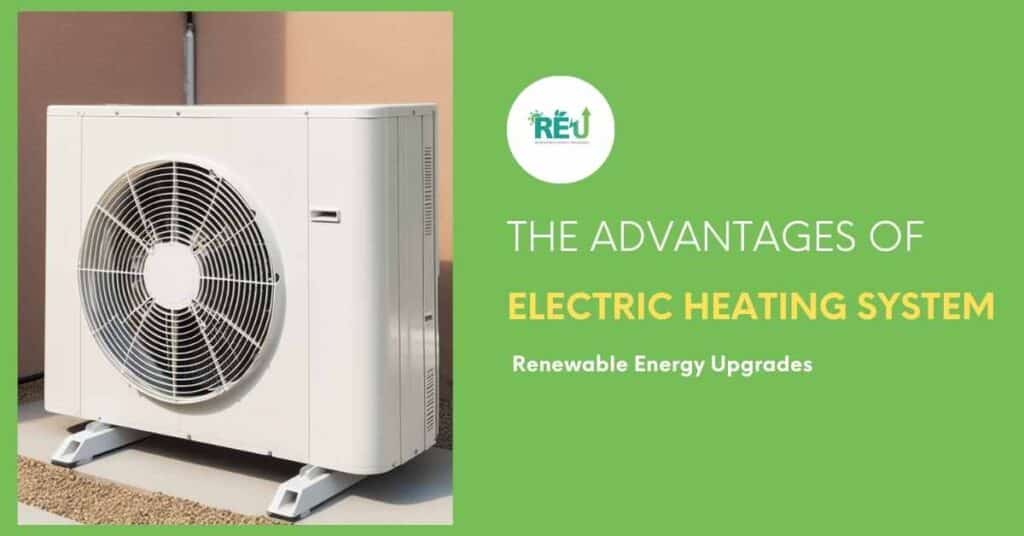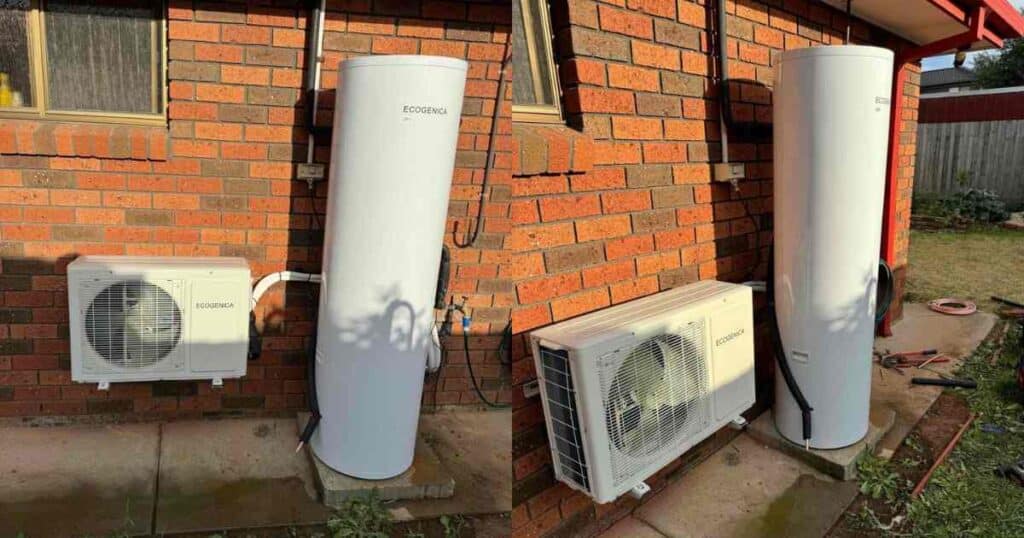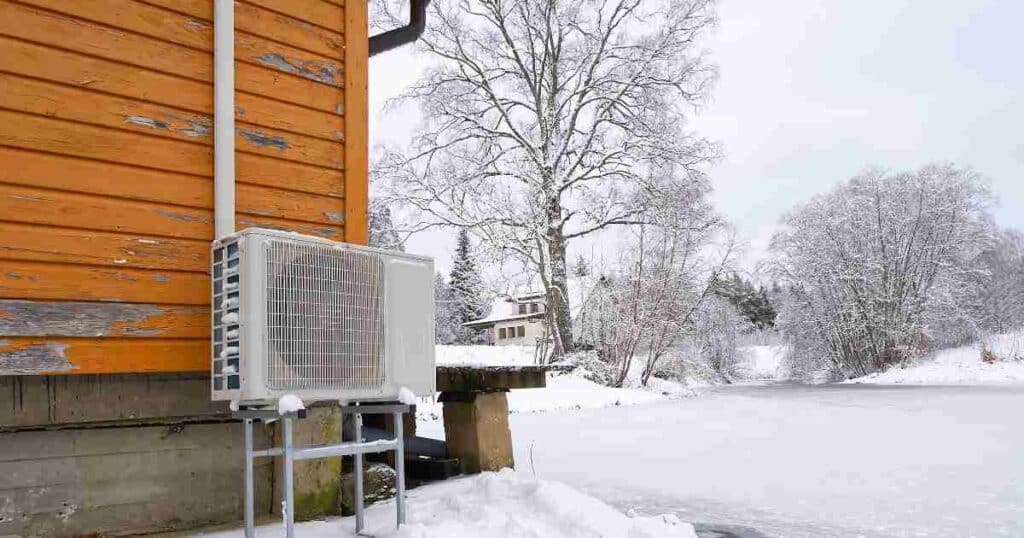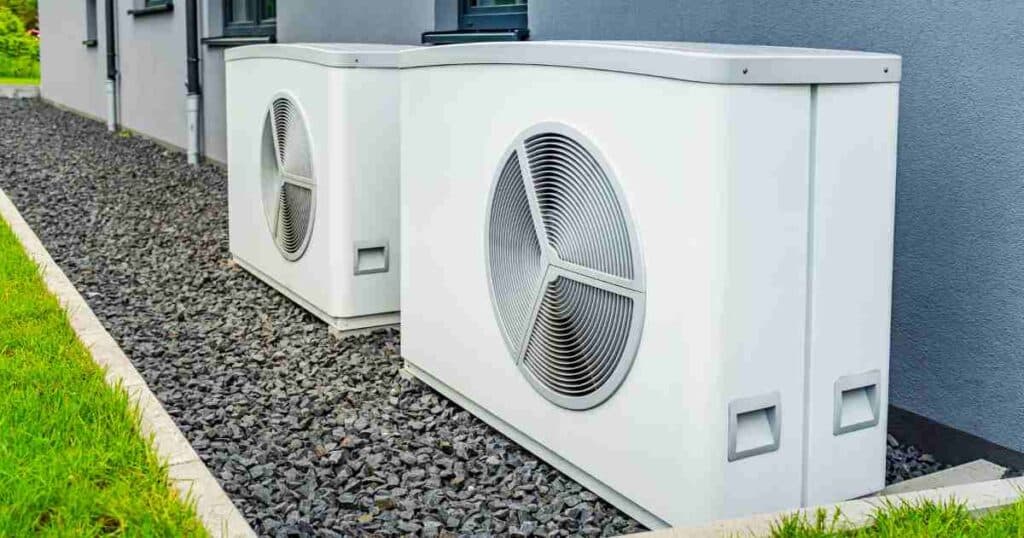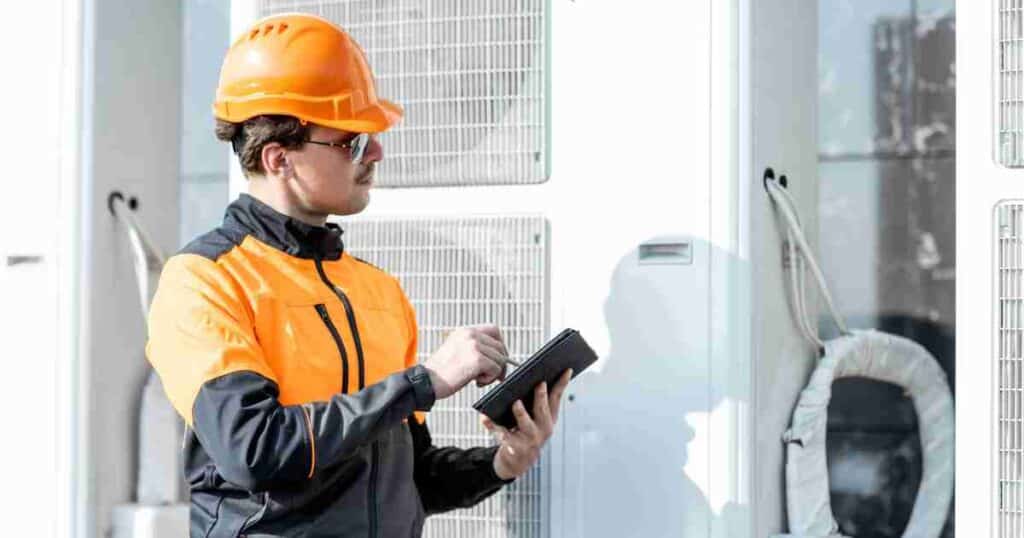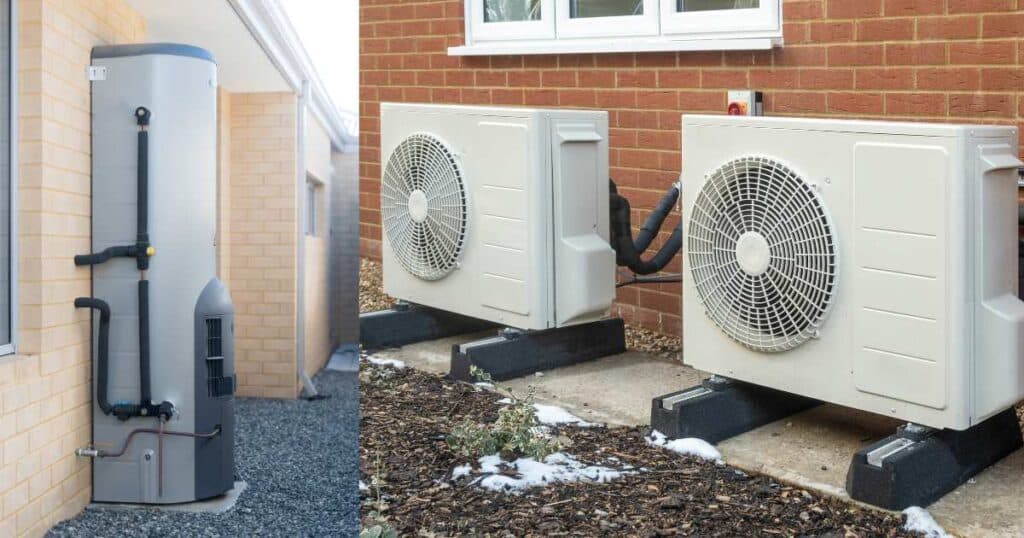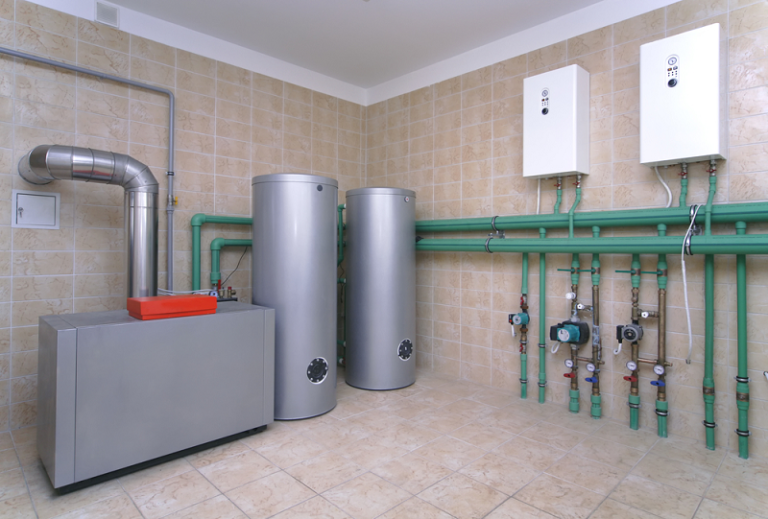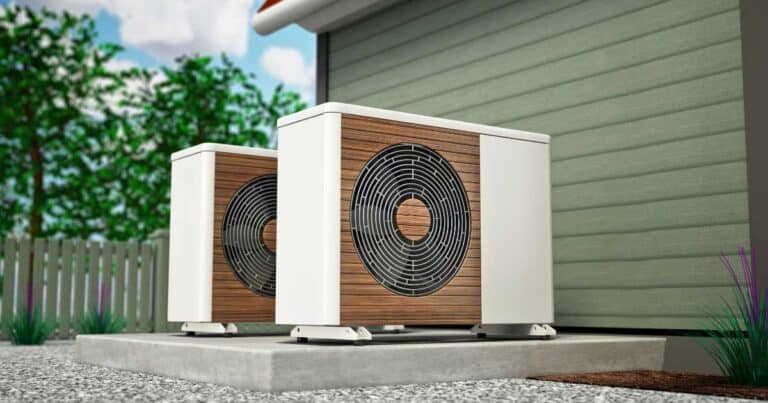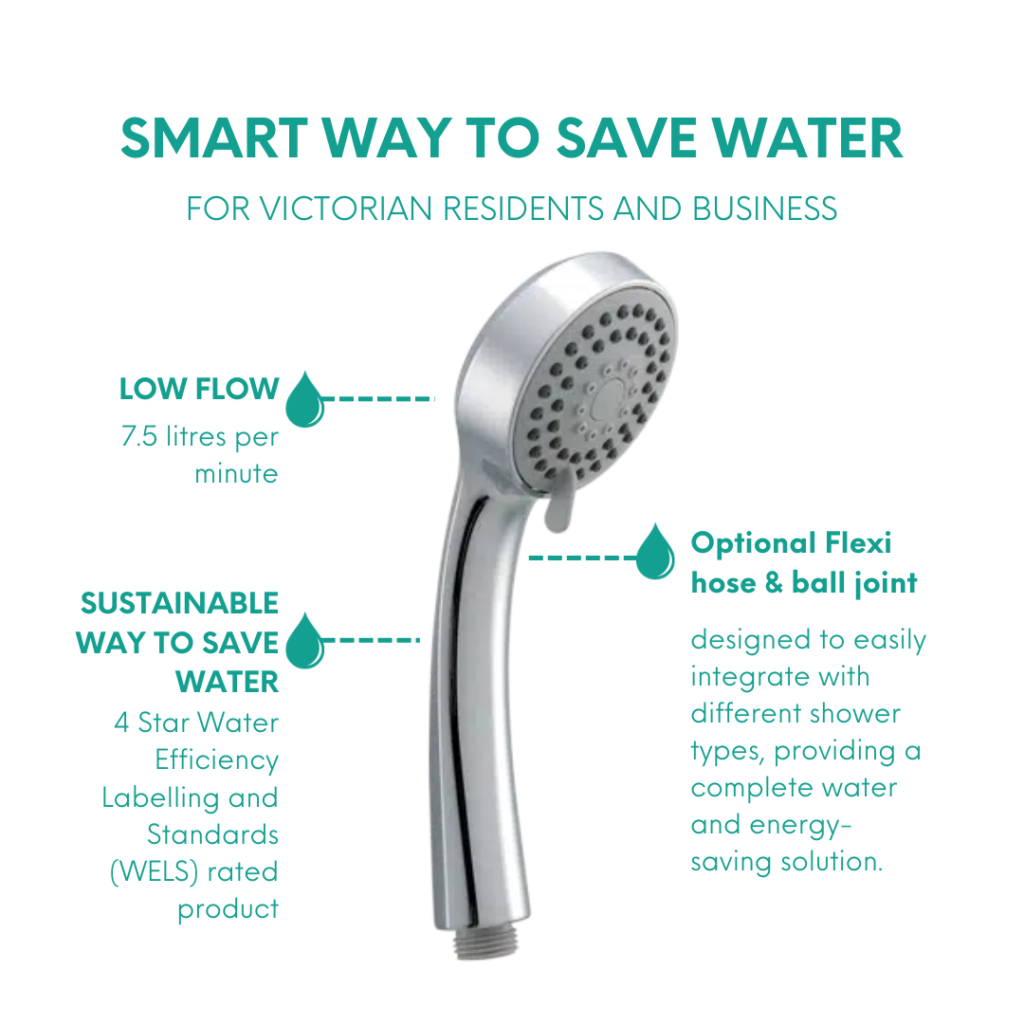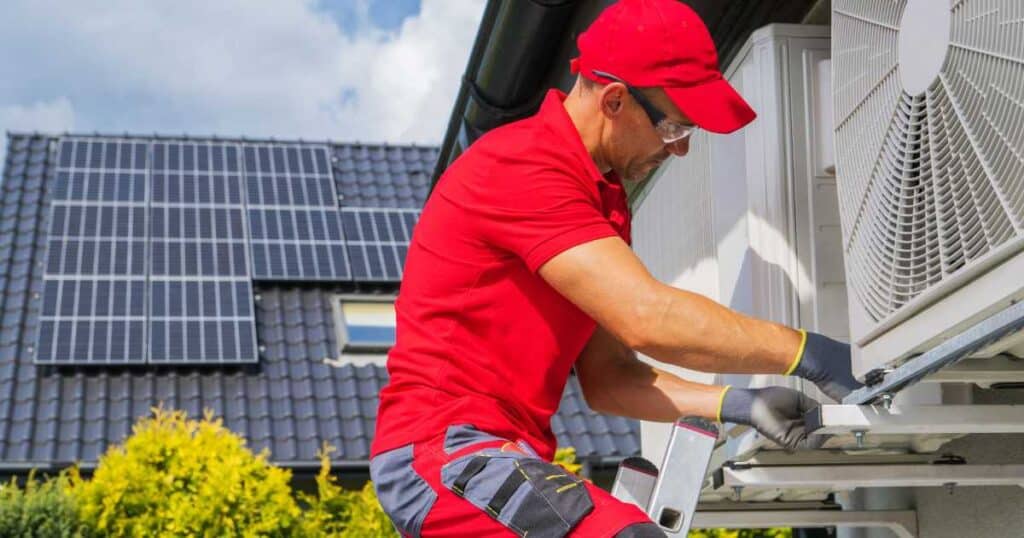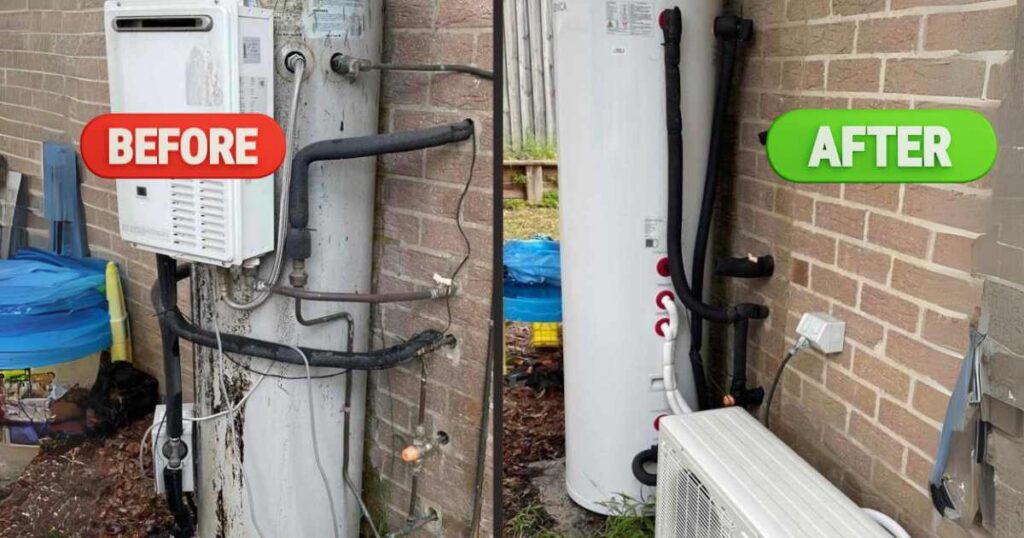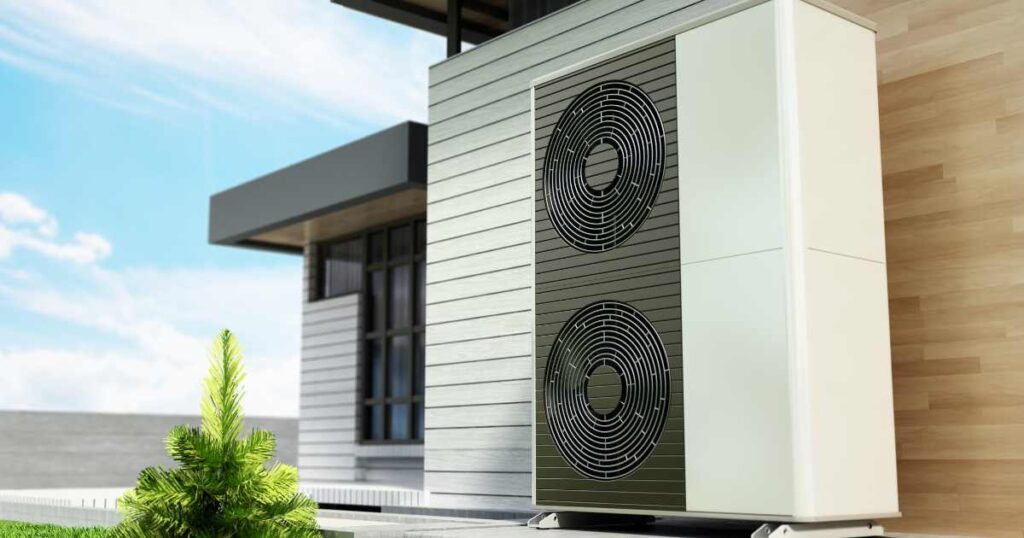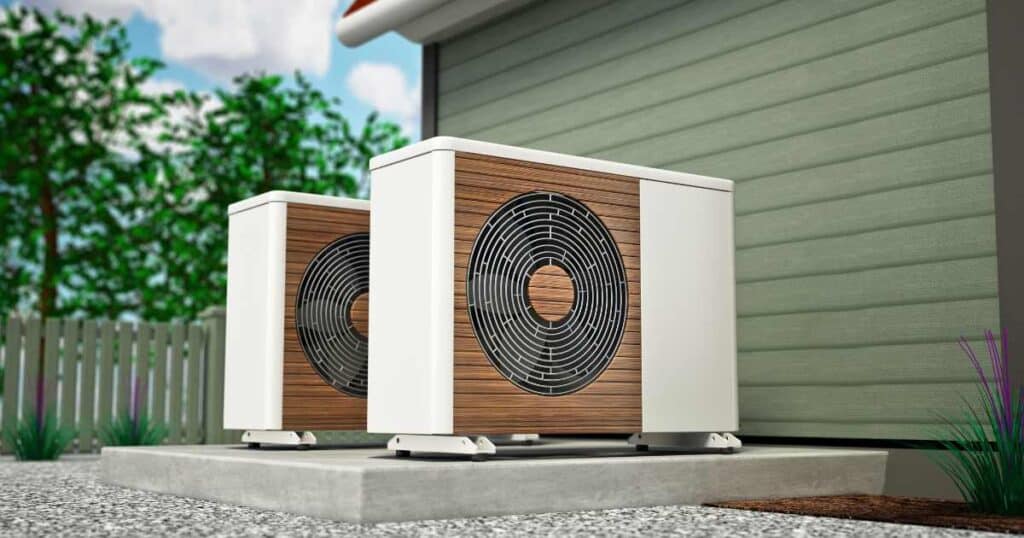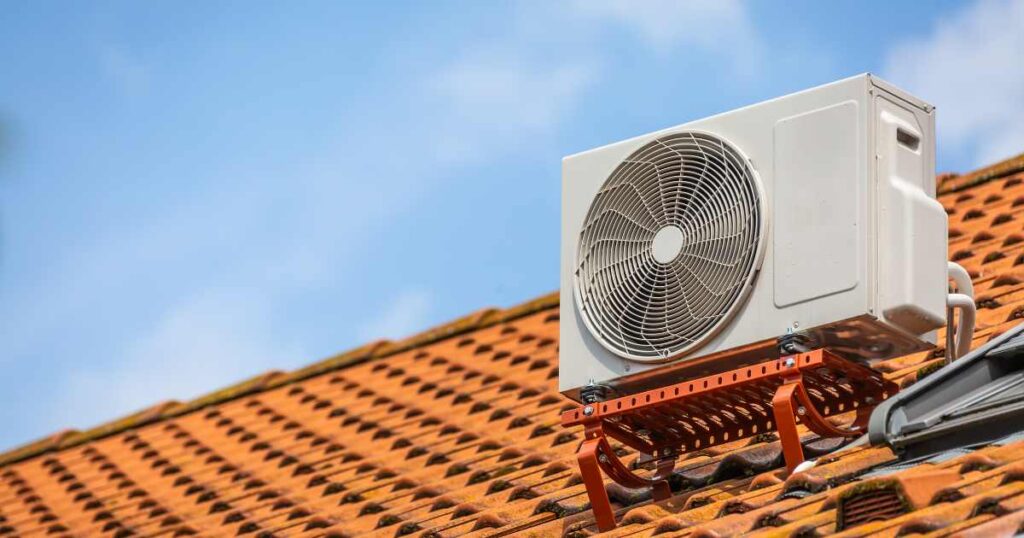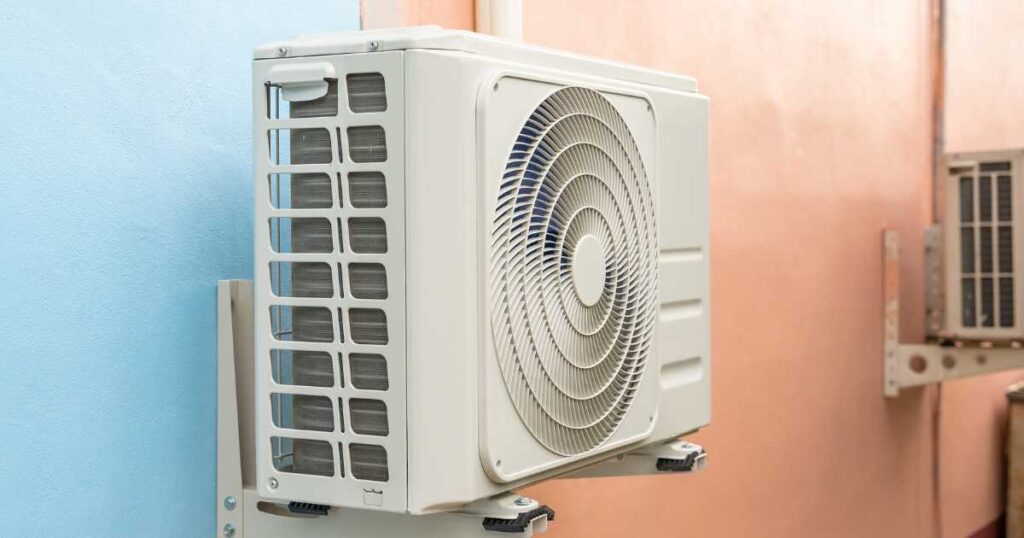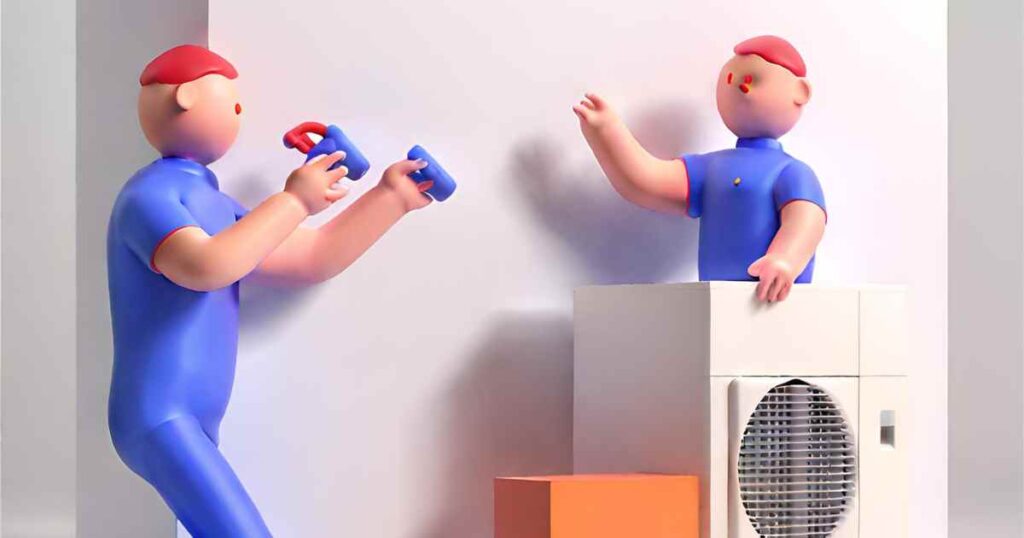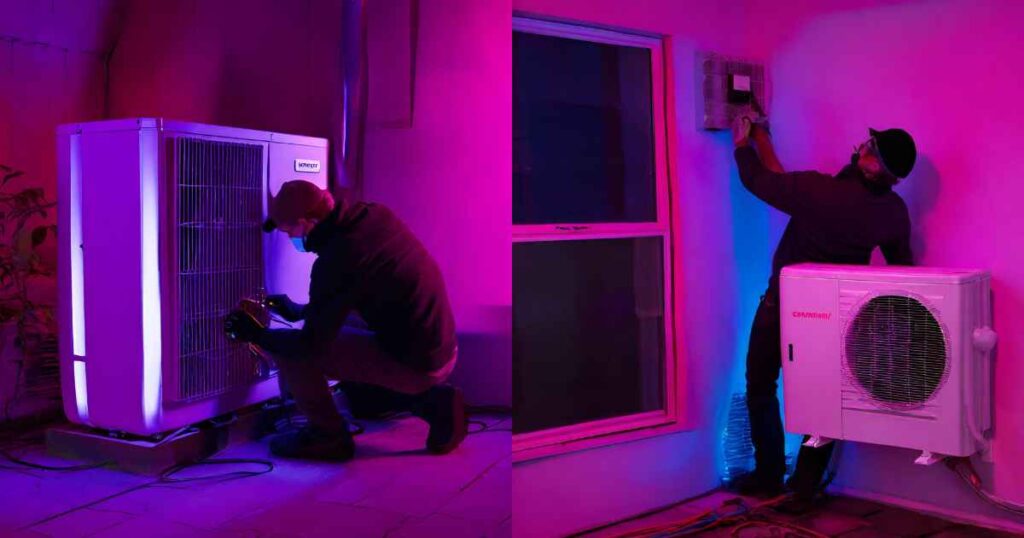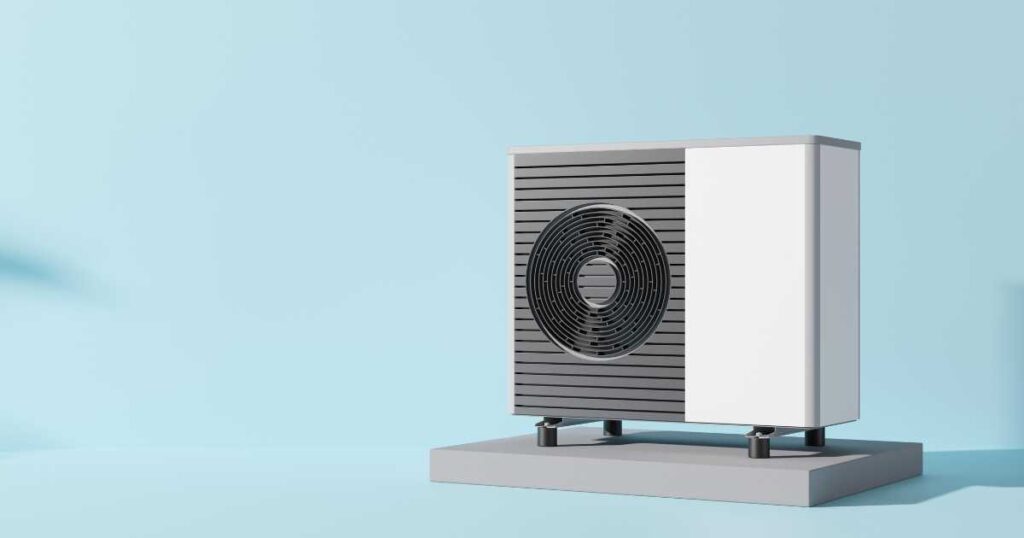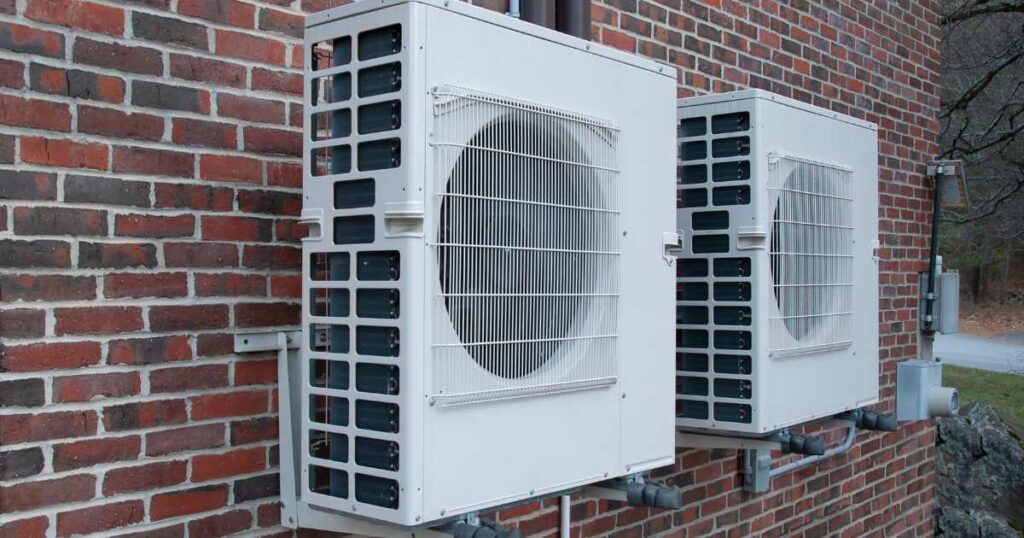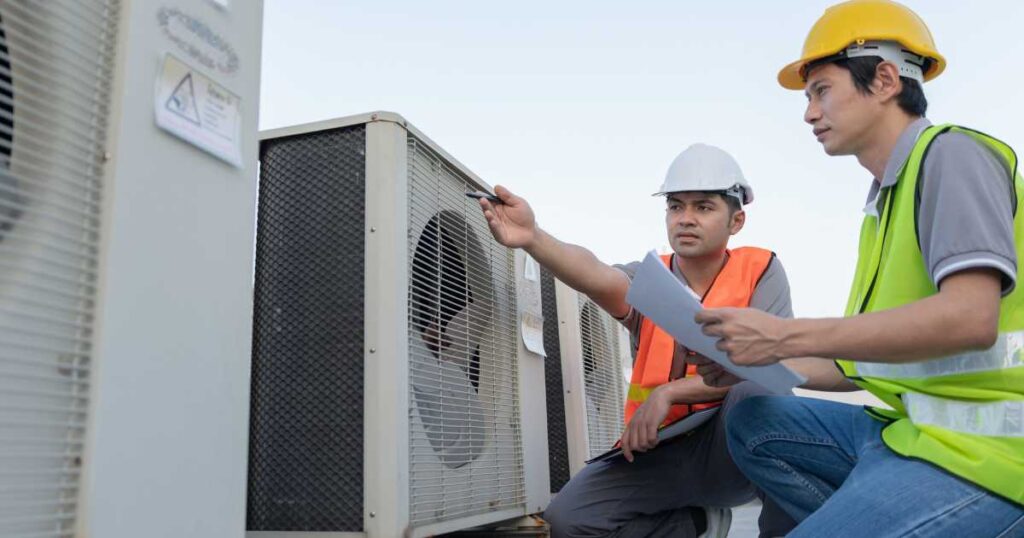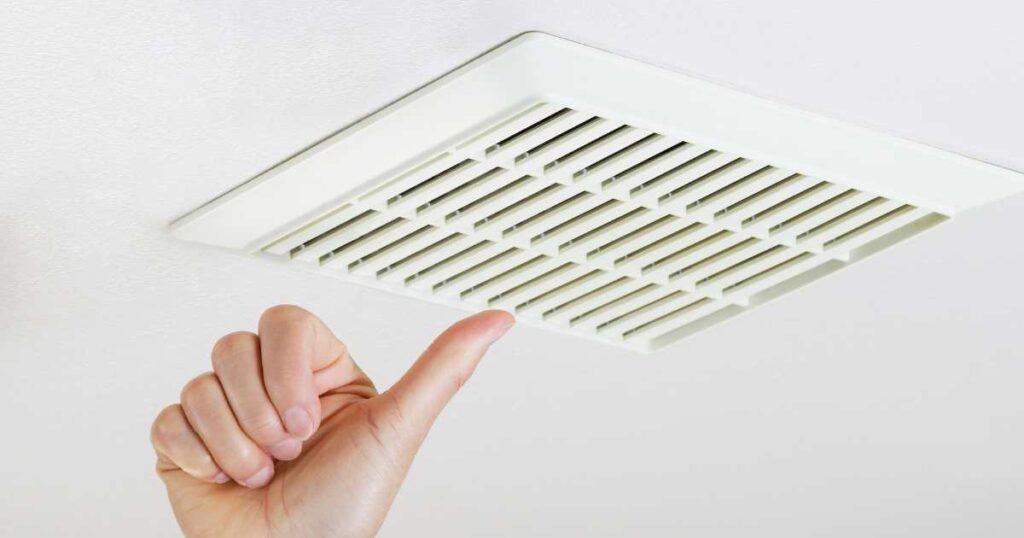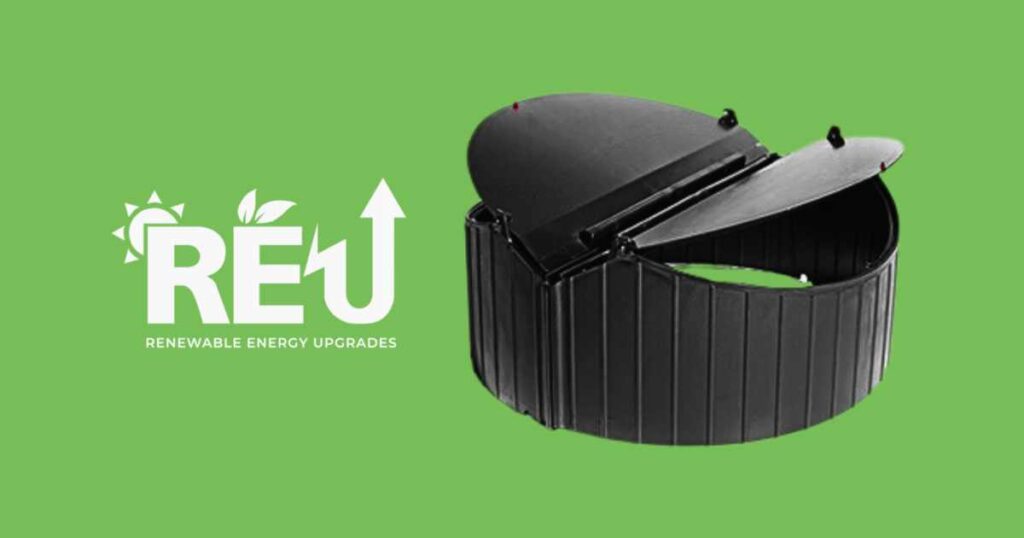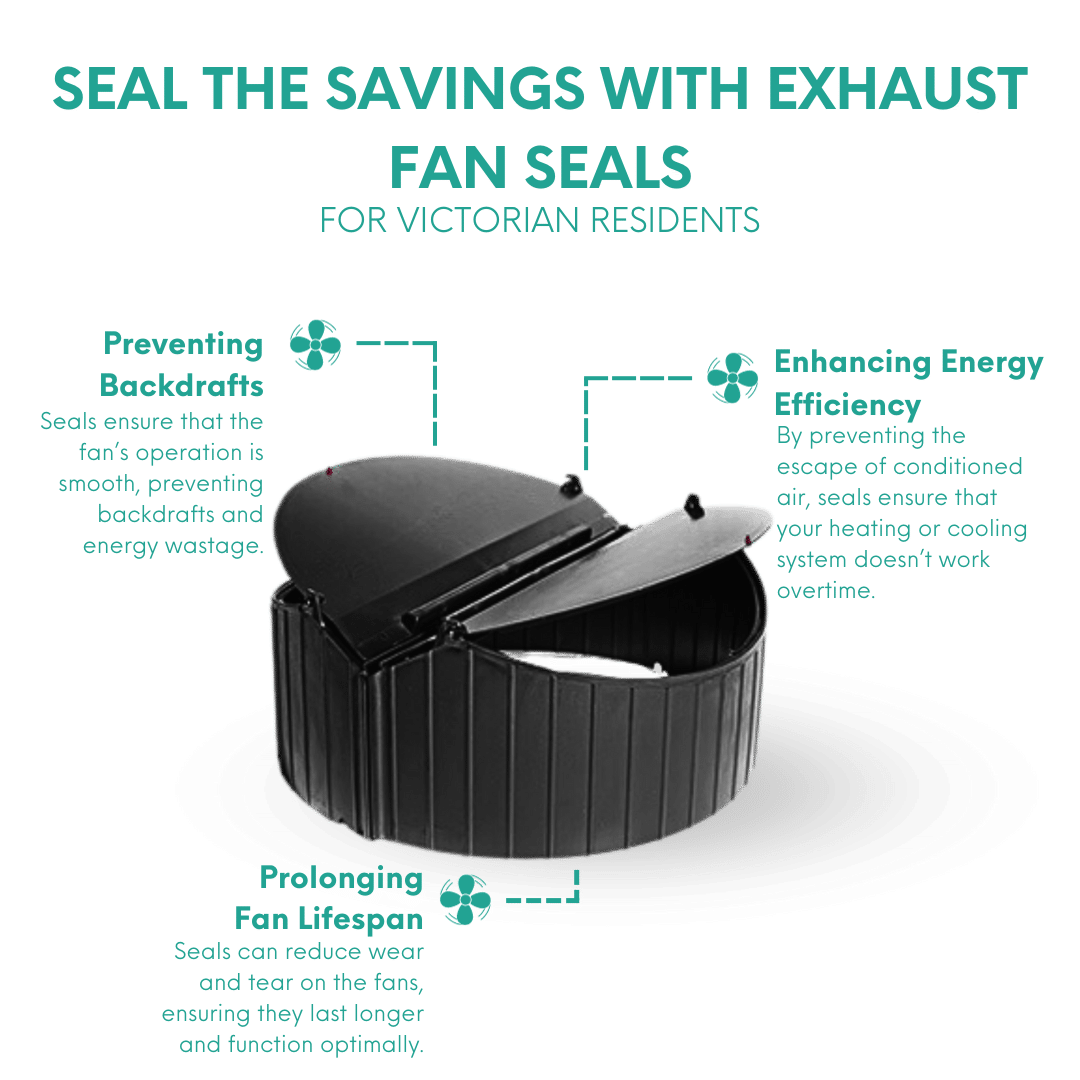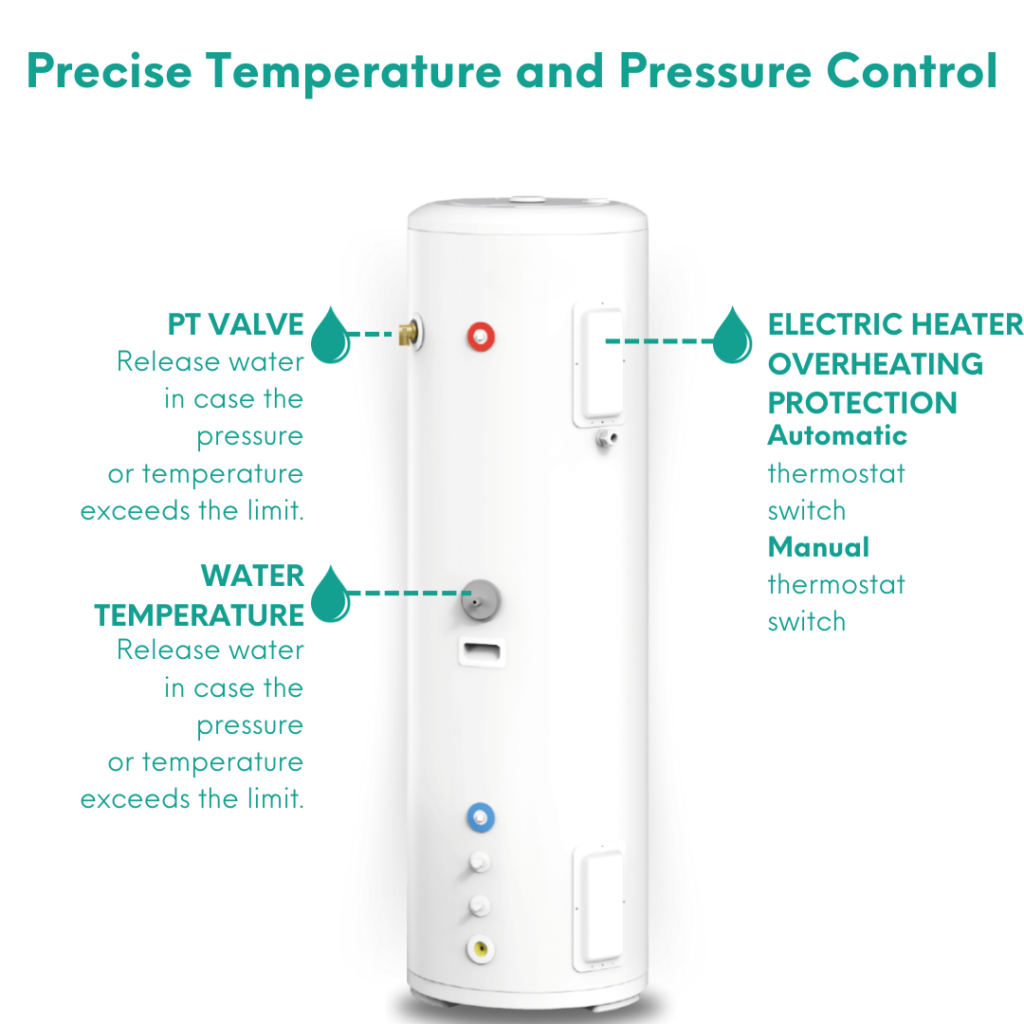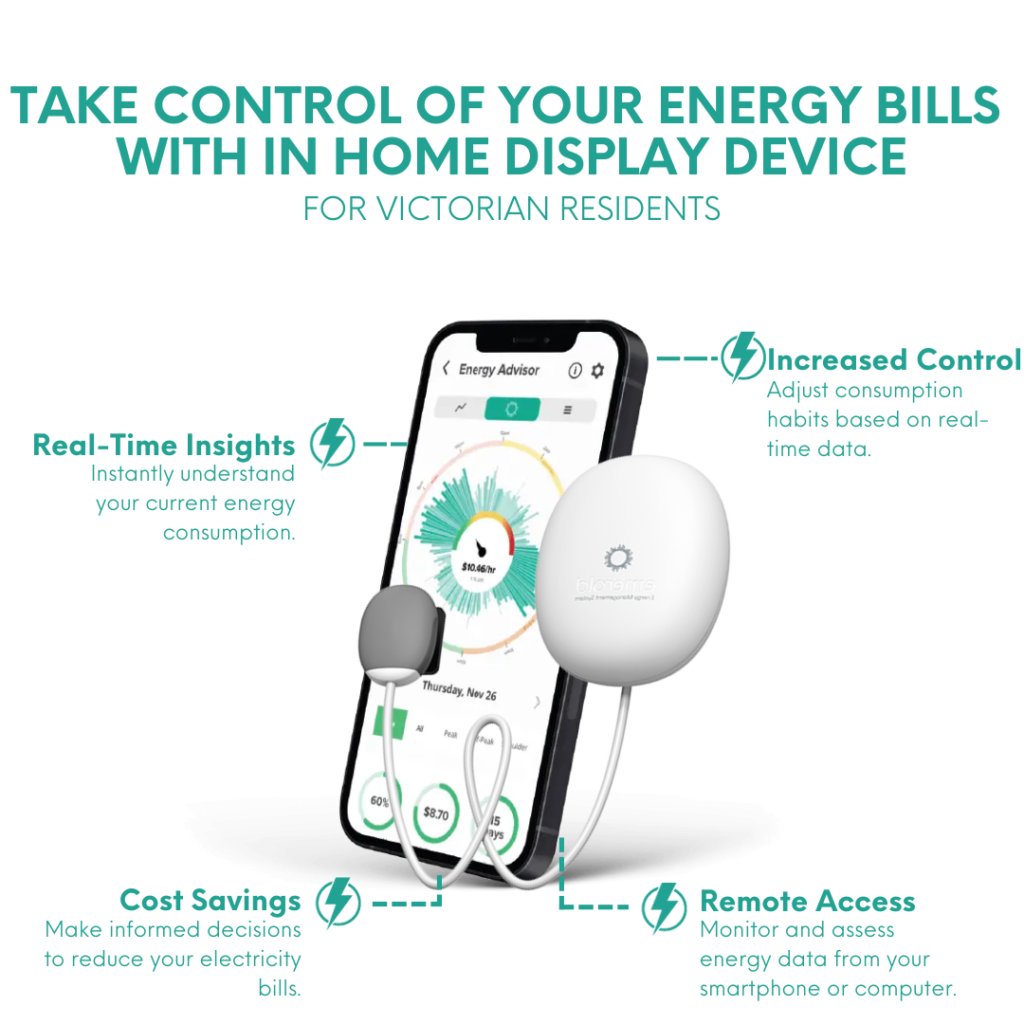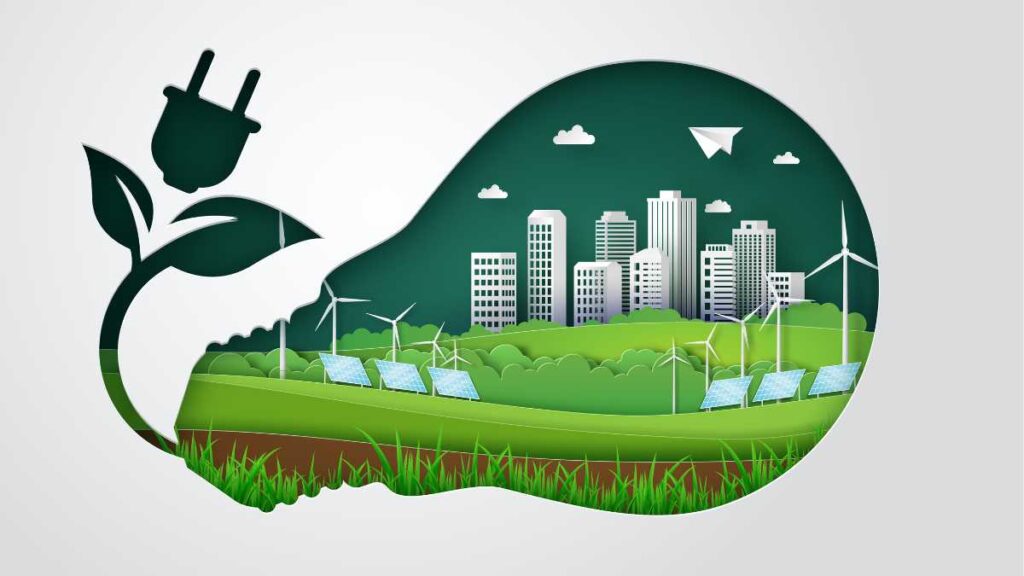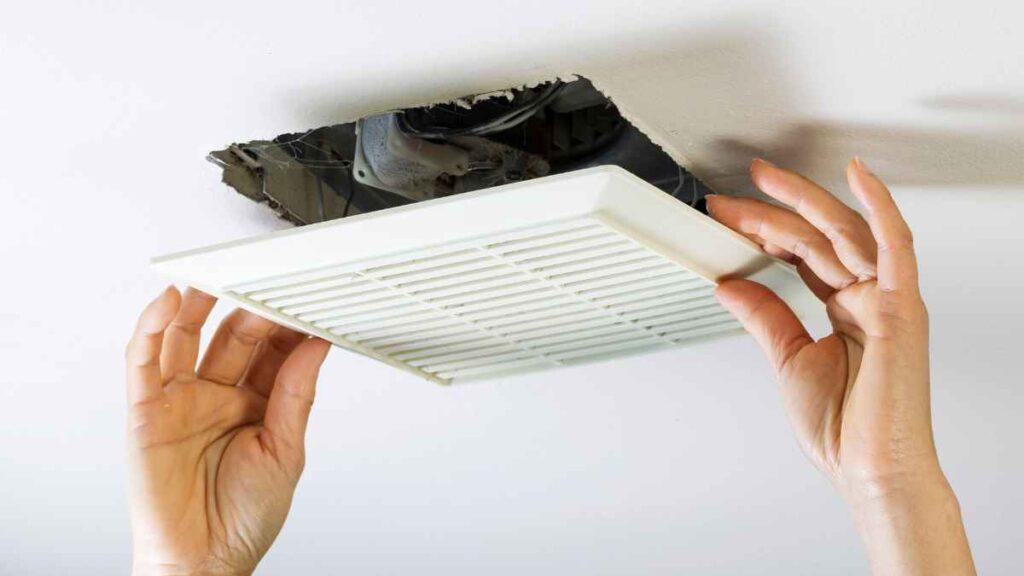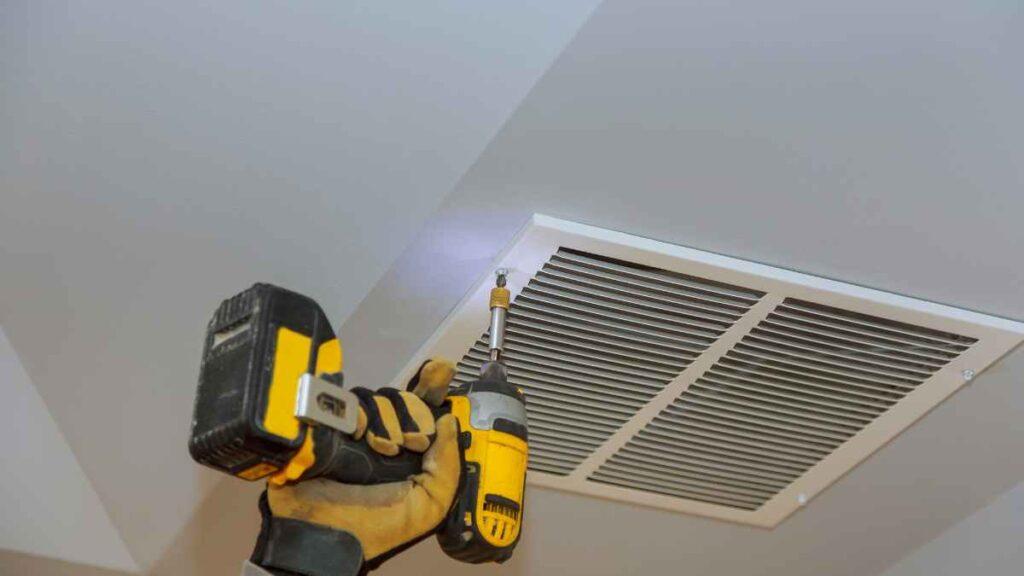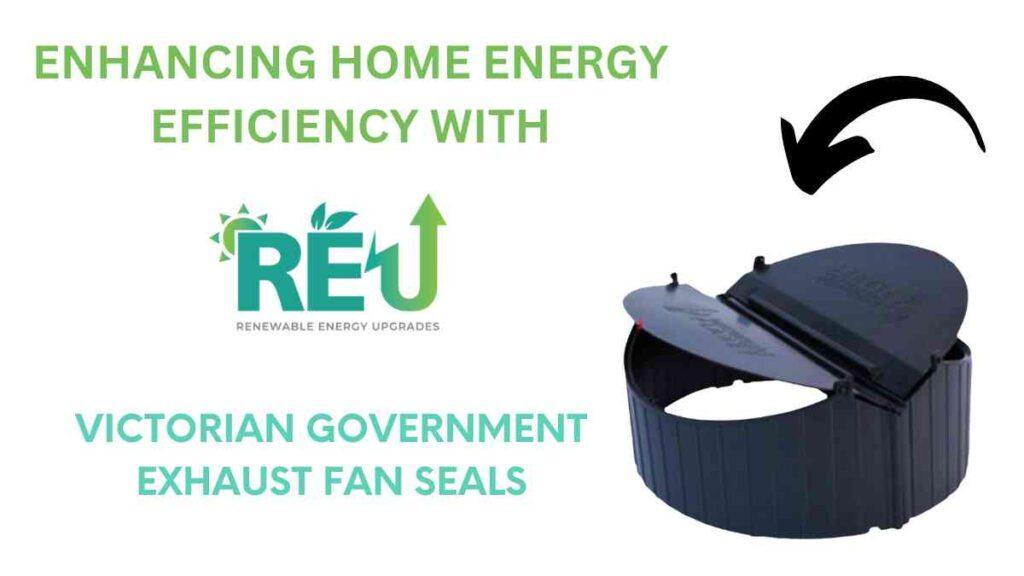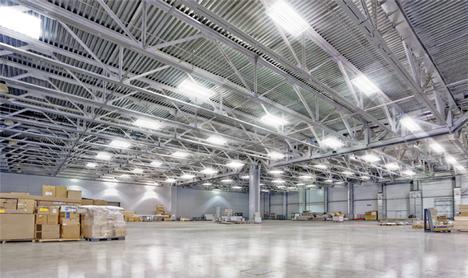The Advantages of Electric Heating System: A Modern Solution for Optimal Home Comfort
Are you tired of dealing with the high costs and limited comfort of traditional heating systems in your home? If so, an electric heating system may just be the modern solution you’ve been searching for. With their numerous advantages and advanced technology, electric heating systems offer homeowners optimal comfort and efficiency.
One of the key benefits of electric heating systems is their versatility. Whether you’re looking to heat a single room or your entire house, electric heating systems can be customized to meet your specific needs. Additionally, these systems provide instant heat, eliminating the need to wait for the home to warm up.
Another advantage of electric heating systems is their eco-friendliness. Unlike conventional heating systems that burn fossil fuels, electric heating systems produce zero emissions, making them a cleaner and more sustainable option.
In terms of cost savings, electric heating systems also have the upper hand. Thanks to their high energy efficiency and precise temperature control, homeowners can enjoy lower utility bills and reduce energy waste.
Discover the many advantages of electric heating systems and take a step towards optimal home comfort. Say goodbye to outdated heating systems and embrace the modern convenience of electric heating.
How electric heating systems work
Electric heating systems work by converting electrical energy into heat. The most common type of electric heating system is an electric furnace or electric baseboard heater. These systems use heating elements, typically made of metal, which are heated up when an electric current passes through them. The heat is then transferred to the surrounding air, warming up the room. Unlike traditional heating systems that rely on burning fossil fuels, electric heating systems do not produce any emissions, making them a cleaner and more environmentally friendly option.
Electric heating systems can also be paired with a heat pump, which uses electricity to transfer heat from the outside air or ground into the home. This process is highly efficient and can provide both heating and cooling capabilities, making it a versatile choice for homeowners.
Advantages of electric heating systems
One of the key benefits of electric heating systems is their versatility. Whether you’re looking to heat a single room or your entire house, electric heating systems can be customized to meet your specific needs. Electric baseboard heaters can be installed in individual rooms, allowing for zoned heating and greater control over temperature settings. This means you can heat only the rooms that are in use, saving energy and reducing utility costs.
Additionally, electric heating systems provide instant heat, eliminating the need to wait for the home to warm up. With traditional heating systems, you may have to endure a cold house while waiting for the system to distribute warm air. Electric heating systems, on the other hand, start producing heat as soon as you turn them on, ensuring quick and consistent warmth throughout your home.
Check Eligibility Under Govt Rebates Program
Energy efficiency of electric heating systems
Electric heating systems are known for their high energy efficiency. Unlike traditional heating systems that lose heat through ducts or inefficient combustion processes, electric heating systems convert nearly all the energy they consume into heat. This means there is minimal energy waste, resulting in lower utility bills and reduced environmental impact.
Furthermore, electric heating systems offer precise temperature control, allowing you to set the desired temperature for each room or zone. This eliminates the need to heat the entire house to the same temperature, which can lead to unnecessary energy consumption. With electric heating systems, you can tailor the heating to your specific comfort preferences, saving energy and reducing costs.
Cost savings with electric heating systems
In addition to their energy efficiency, electric heating systems can also lead to significant cost savings for homeowners. Traditional heating systems, such as oil or gas furnaces, require regular maintenance and fuel deliveries, which can add up over time. With electric heating systems, there is no need for fuel deliveries or maintenance related to combustion processes. This can result in lower overall maintenance costs and a more predictable budget for heating expenses.
Furthermore, electric heating systems offer the advantage of individual room control. This means you can adjust the temperature in each room based on its usage, preventing energy waste in unoccupied areas. By heating only the rooms you need, you can save money by reducing unnecessary energy consumption.
Environmental benefits of electric heating systems
One of the key advantages of electric heating systems is their environmental friendliness. Unlike conventional heating systems that burn fossil fuels, electric heating systems produce zero emissions during operation. This means they have a significantly lower carbon footprint and contribute less to air pollution and climate change.
Additionally, electric heating systems can be powered by renewable energy sources such as solar or wind power. By coupling your electric heating system with clean energy sources, you can further reduce your environmental impact and create a more sustainable home.
Different types of electric heating systems
There are several types of electric heating systems available, each with its own advantages and applications. Electric furnaces, for example, are a popular choice for whole-house heating. They provide efficient and consistent heat throughout the home, ensuring optimal comfort during the colder months.
Electric baseboard heaters are another common option, especially for individual room heating. These heaters are installed along the baseboard of a room and provide localized heat. They are ideal for spaces that are frequently occupied, such as living rooms or bedrooms, as they allow for zoned heating and energy savings.
Heat pumps, which can be combined with electric heating systems, offer both heating and cooling capabilities. They work by extracting heat from the outside air or ground during colder months and reversing the process during warmer months to provide cooling. Heat pumps are highly efficient and can significantly reduce energy consumption compared to traditional heating and cooling systems.
Considerations for installing electric heating systems
Before installing an electric heating system in your home, there are a few factors to consider. Firstly, it’s important to assess your home’s insulation to ensure it is sufficient for electric heating. Well-insulated homes retain heat better, reducing energy loss and maximizing the efficiency of the system.
Additionally, you should evaluate your home’s electrical capacity to ensure it can handle the electrical demands of an electric heating system. Consult with a licensed electrician to determine if any electrical upgrades or modifications are necessary.
It’s also worth considering the cost of installation and equipment. While electric heating systems can lead to long-term cost savings, the initial installation costs may be higher compared to traditional heating systems. However, it’s important to factor in the potential energy savings and the lifespan of the system when evaluating the overall cost-effectiveness.
Maintenance and care for electric heating systems
Electric heating systems generally require minimal maintenance compared to traditional heating systems. However, it’s still important to perform regular checks and maintenance to ensure optimal performance and longevity.
Cleaning the heating elements or coils is essential to maintain efficiency and prevent the build-up of dust or debris. This can be done using a soft brush or vacuum cleaner with a brush attachment. Additionally, inspecting the system for any signs of wear or damage, and promptly addressing any issues, can help prevent costly repairs in the future.
If you have a heat pump, it’s recommended to have it serviced annually by a qualified technician like Renewable Energy Upgrades. This includes checking refrigerant levels, cleaning coils, and ensuring proper airflow. Regular maintenance will ensure the system operates efficiently and prolongs its lifespan.


